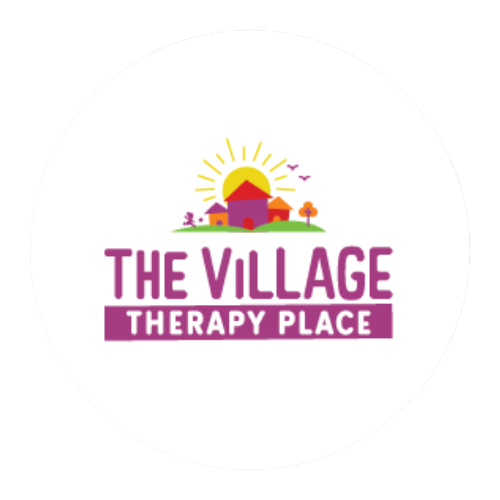Speech and language therapy looks different for every child. Treatment goals and plans are customized to meet the individual needs of each child.
A child may need help in articulation, his or her ability to pronounce sounds and words. One child may need help in using his voice with proper volume or with healthy vocal hygiene. Another child may need speech therapy to improve her fluency, the rhythm of speech. Still yet, a child may require speech therapy to remediate language disorders, which include both receptive and expressive language abilities. (Receptive language skills involve the ability to understand language while expressive language abilities involve the skills necessary to express thoughts and ideas) Feeding difficulties are another domain that children may struggle with; limited variety, poor intake, impaired swallow. A child's oral motor skills including motor planning and muscle strength/control may impact his or her ability to communicate verbally.
Speech therapy can address deficits in oral motor skills to further support speech development. Speech therapists also help patients make gains in pragmatics/social cognition. Overall, speech therapy is utilized to foster effective communication and feeding skills!
Pediatric speech therapists at The Village Therapy Place are trained and experienced in helping children with a wide range of diagnoses, which may include the following:
Articulation disorders
Phonological disorders
Voice disorders
Childhood Apraxia of Speech
Dysarthria
Fluency
Use of Augmentative/Alternative Communication (AAC)
Pediatric Feeding Disorders
Transition from tube feeding to oral feeds
Language based disorders
Global Developmental Disorders
Autism Spectrum Disorders
Auditory Processing Skills
Pragmatics/Social Skills
Your pediatric speech therapist at The Village Therapy Place will assess, evaluate, diagnose and create custom treatment plans for your child. Each specialized program will be developed to foster your child’s overall gross development and help him thrive at home and school.
Treatment methods and techniques may include components of the following modalities:
PROMPT
Oral placement therapy
Sensorimotor activities
LSVT LOUD
Talk Tools
Positioning
Myofascial Release for neck, voice and swallowing
Kinesiotape
DIR/Floortime
Social skills training
Cognitive therapy
Oral motor strengthening
Sensorimotor activities
Positioning

